EASITrain
European Advanced Superconductivity Innovation and Training
Horizon 2020
MSCA – Marie Skłodowska-Curie Actions
ITN – Innovative Training Networks
Back to Projects page
The greatest challenges for wide-spread adoption of new applications of superconductivity remain the limited understanding of how to apply the fundamental principles on an engineering level and the capability to deploy the technology cost effectively on a large-scale.
EASITrain offers a cross-sectoral training program that is a fine blend of engineering, fundamental research and the development of real-scale applications in close collaboration with industry.
The EASITrain initiative aims to train the next generation of experts and establish a solid education curriculum to exploit the huge transformative potential of superconductivity.
Key research objectives include: Advance superconductor wire performance and production, develop industrial production methods, develop large-scale energy efficient cooling and deepen our understanding of the underlying mechanism of superconductivity.
EASITrain will assess the market potential of novel applications, aiming to contribute to the goals of energy efficiency and sustainable development. Possible applications include NMR, neuro-imaging, induction heaters and semiconductor crystal growth magnets, while there are numerous opportunities in emerging applications including superconducting fly-wheel energy storage, very high-temperature superconducting electronics, ship and aircraft propulsion systems, ultra-wideband and microwave sensing and communications.

EASITrain – European Advanced Superconductivity Innovation and Training.
This Marie Sklodowska-Curie Action (MSCA) Innovative Training Networks (ITN)
receives funding from the European Union’s H2020 Framework Programme under grant agreement no. 764879.